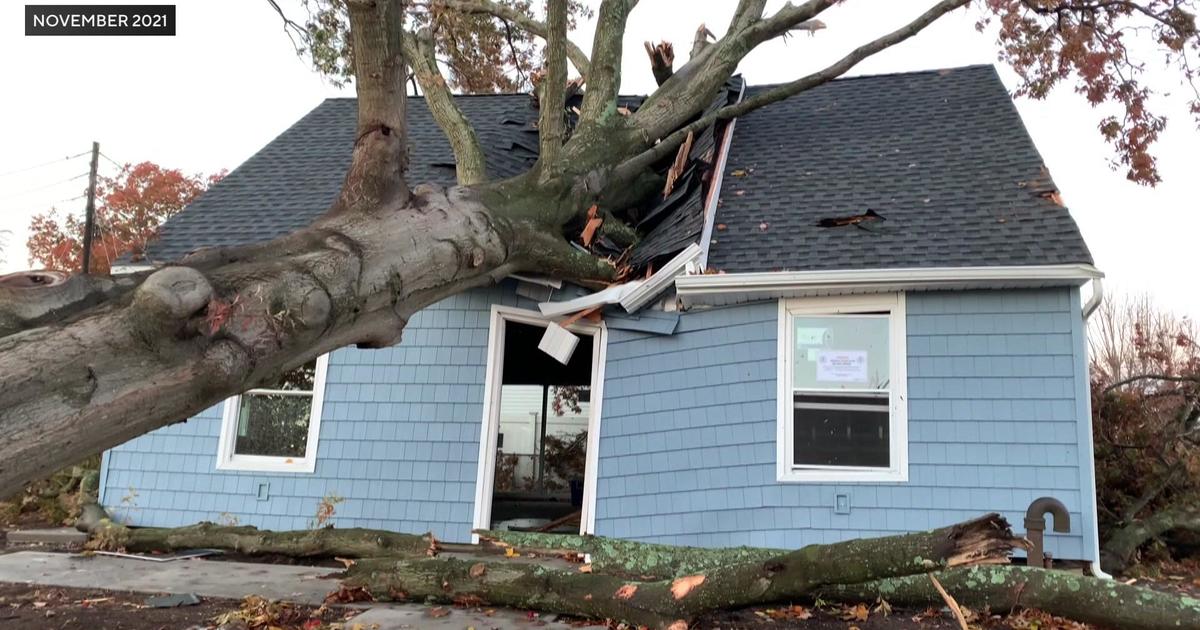What Generator Is Right For You?
You may call a cozy, high-rise apartment home, or live in a sprawling, three-story Colonial. From city streets to country roads, a weather-related blackout or power disruption can wreak havoc on your home and life. Having no power typically equates to food spoilage, uncomfortable indoor temperature, communication disruption and unsafe conditions, no matter what your square footage. An at-home generator can solve these problems pronto, but a purchase this important should not be made lightly. You might have thought that buying an at-home generator had a one-size-fits-all solution, but that's not the case. Read on to determine the best buy for you.
Portable Generator – Portable generators run on gasoline or diesel fuel. They are perfect for small usage needs, such as plug-in appliances and lighting fixtures that are attached to extension cords. Many families enjoy on-the-go, portable generator power for tailgating parties and camping trips, as well as back-up power at home. Portable generators are an economical option if your at-home electrical needs are minimal. Most max out at around 5.4 kilowatts and will not do the trick for the average family or home that relies heavily on power usage, so determining your power needs as well as your budget makes sense before you buy. Portable generators range in cost but can go as low as $600-$700 and typically use around 8 to 22 gallons of gas daily.
At-Home Generator – Permanently installed, at-home generators turn off and on automatically as needed and keep hard-wired systems, such as heating, air conditioning, security and sump or well pumps functioning, even when the grid goes down. At-home generators will keep your refrigerator and other large appliances up and running, your communications system operable and your safety and well-being intact during emergencies. Different models supply different levels of power and appeal to a variety of budgets, but all models run on your home's natural or liquefied petroleum (LP) gas supply and require no refueling. A 250-gallon tank of gas will typically keep a generator running for up to two weeks if needed.
- Your average wattage use requirement is the first determinant you should consider when choosing a generator. The power capacity of your generator will determine how many circuits, and appliances, you can power up in case of an emergency. If you want to make sure your entire home is covered, you will typically need a generator that supplies a higher capacity than you would if you opt to limit the number of protected circuits kept on during an outage. A wattage calculator can help you determine your home's average electrical output.
- Survey your surroundings. If there was a power outage tomorrow, what would you want to keep running? Do you need power throughout the entire house, or simply for key electronics, such as your well pump, lighting, computer and refrigerator? Deciding what to keep humming and what to let go of during a long or short power outage can help you determine what type of generator to buy.
- Your home's size is also important. Homes that are 1,000-2,000 square feet typically require a smaller model than a home that is 3,000-5,000 square feet, or larger.
- You'll also need to decide if you need single-phase, or the higher-power capacity of a three-phase generator option.
- Of course, budget is key. At-home generators can range in price from $2,000-$9,000 or more, not including installation, accessories and the automatic transfer switch you will need no matter what model you buy. Many families find viable, 14/20 kW generator options in the $4,000-$6,000 range, before rebates and tax incentives are applied.
Corey Whelan is a freelance writer in New York. Her work can be found at Examiner.com.



